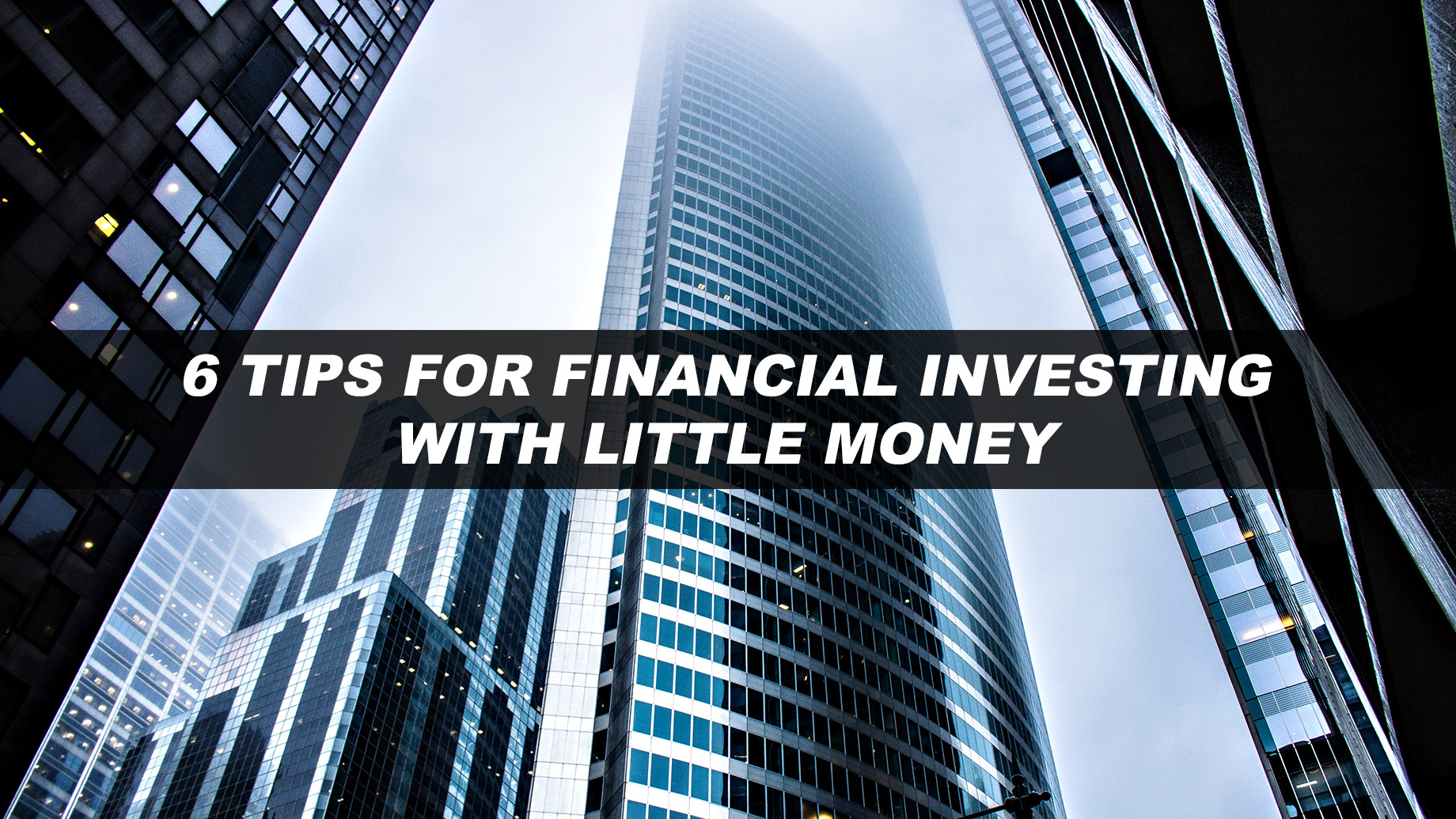
Many people associate investments with men shouting as they wave their hands in the air within the stock market buildings around the world. Although money is invested, exchanged, and traded in those buildings, there is much more to consider in the world of financing. If you want to effortlessly build your wealth, you can use a few dollars each month to secure your future by using the following tips.
1. Establish Your Budget
To understand where you want to be in the future, you need an investment plan. Creating a financial strategy may feel foreign, but understanding your goals is essential in moving in the direction you want to eventually end up. When you take a road trip, you use a map to guide your daily travels. The same direction security is necessary when you aim for a financial or investment objective. The first step to economic security is a budget that allows you to save money every month, such as what you can do with a BBS investment portfolio.
2. Research Your Investment Options
There are many types of investment strategies available, and according to Steven Taylor Taylor Equities many people have different plans about how to make secure financial decisions. From CDs to bonds to gold, the goals are all the same – security. If you choose stocks or property as your first investment, remember the market fluctuates over time. If you understand the opportunities, returns, and possible losses of each investment option, your chances of weathering the asset’s storm is easier. Remember to keep a diverse portfolio as you build your investments so that market failure will have little impact on your overall wealth.
3. Know Your Risk Comfort Zone
Risk is an individual choice in life. From sports to money to driving cars, the potential risk a person is willing to endure may be vastly different from even a family member. When you invest your money, there are separate categories of risk associated with each of the investments. Credit unions and banks may have federally insured offerings, but stocks and properties typically have no guarantees against loss. Before you make any investment, know your risk comfort zone and how much money you can afford to lose.
4. Understand Your Credit Cards
Many people consider the balance available on their credit cards as their emergency fund. Although this could technically be true in an extreme crisis, the high-interest debt associated with any credit card prohibits their use in a sound investment strategy or creating a secure financial future. When you invest, you are using your money to make more money. When you use your credit card, you are paying the company for the right to use their money. This is not a wise investment strategy.
5. Ask About Free Money
Many companies offer employer-matched investment or retirement plans. The crux of the agreement typically states the company will match your contribution up to a specified amount each year. Steven Taylor Taylor Equities suggests that saving as much money as allowed each month is a good idea. By using matching investment plans, you are essentially making free money from your employer that sits in your retirement account, and that is tax-free until you pull it out.
6. Create an Emergency Account
Most financial authorities stress the importance of having at least three months of income in a savings account for emergency situations that arise. The emergency can be unemployment, medical problems, or unexpected death, but having access to the funds during the stressful time can ease the emotional and mental trauma of the event. The money can also keep you from needing to use the interest-high credit cards to live on.
You can start your investment program by saving only a few dollars a month. Cut back on your lattes and invest the extra money into yourself. With every deposit, your future will look more secure.